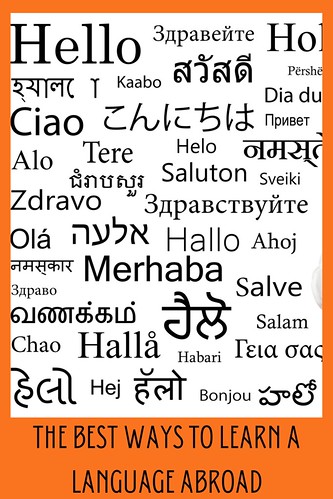The Punjabi language is the mother tongue of Punjab. It has a rich history. Before partition of India in 1947, there were two groups of Punjabi speakers: Punjabis living in western Punjabi (which is now part of Pakistan), and Sikhs living in East Punjab (which is now part of India). The Punjabi language first developed in the 10th century and gained prominence. The Punjabi language was adversely affected by the arrival of the British in 1849, because they emphasized the development of their own language, English, instead of the Punjabi language.




